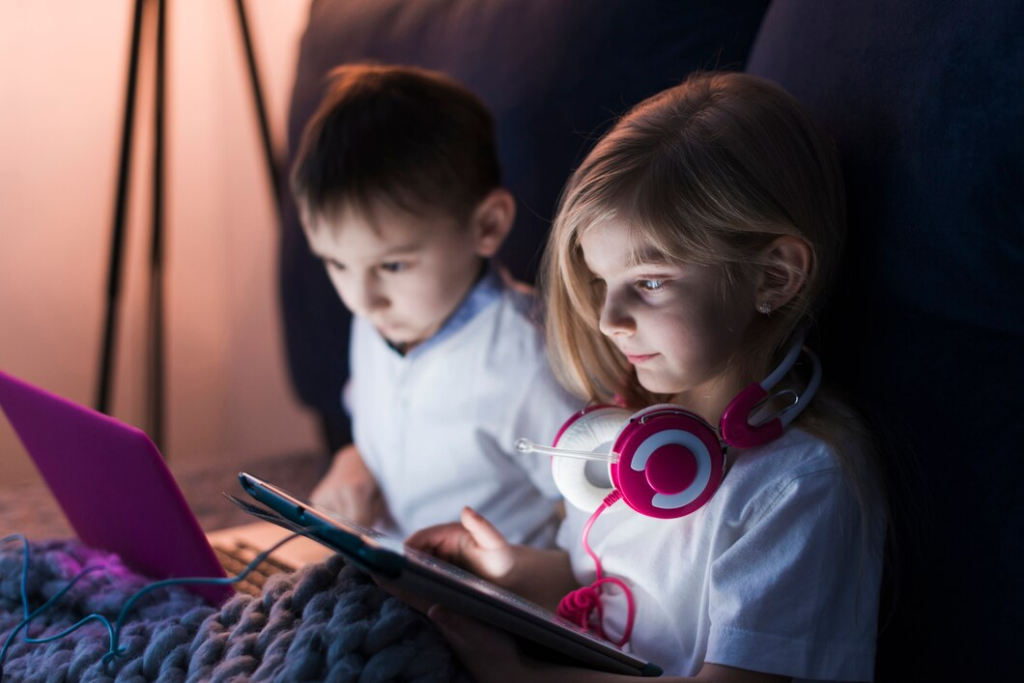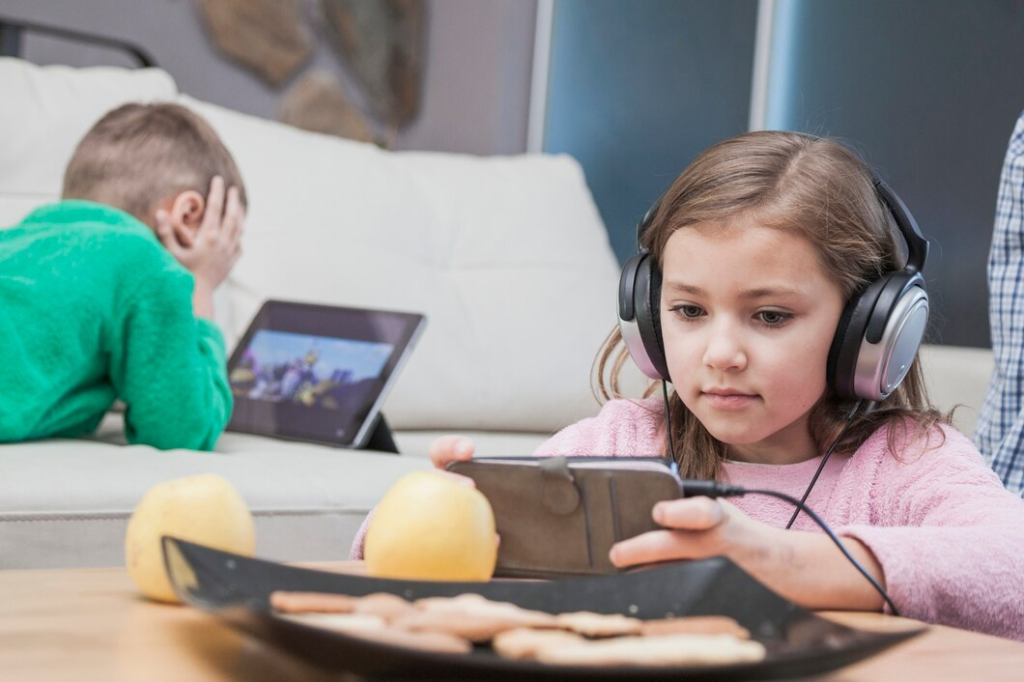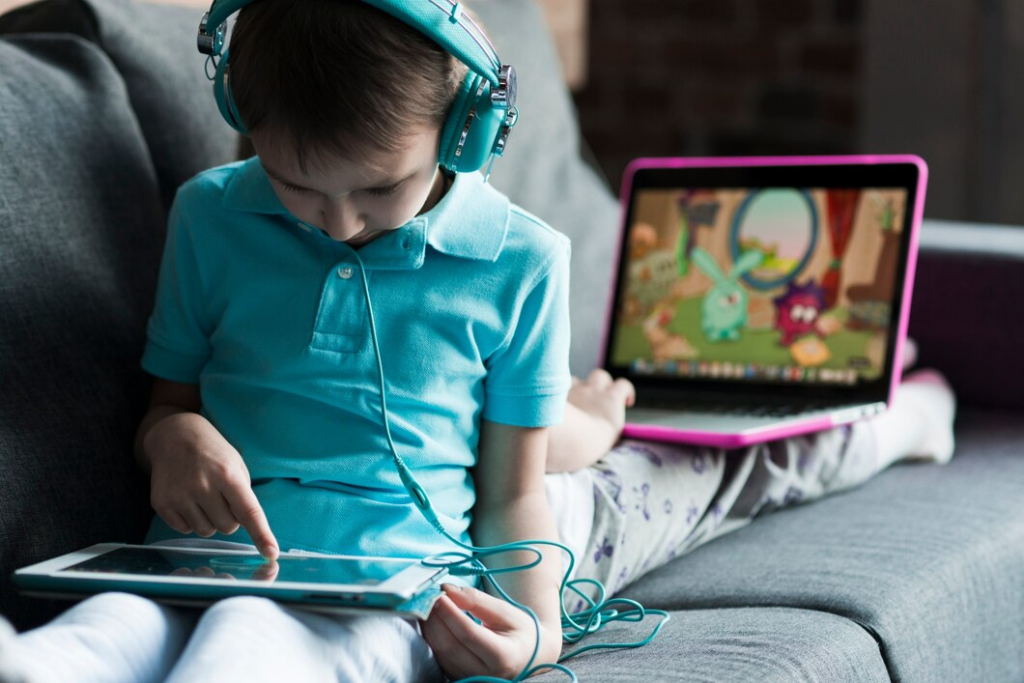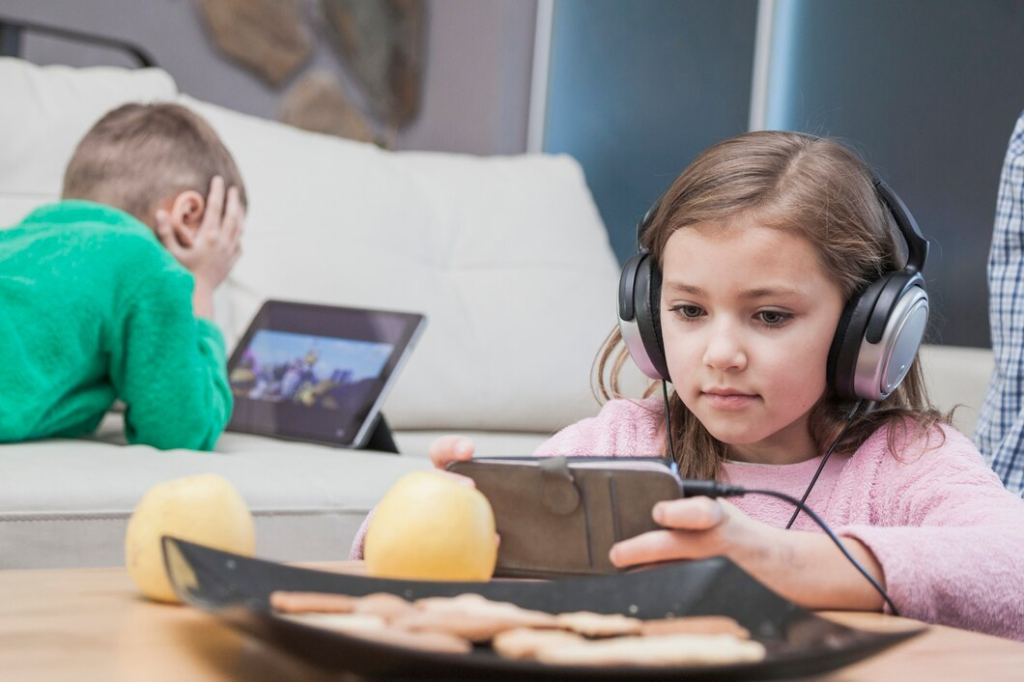In today’s digital age, screens are everywhere—and toddlers are spending more time on devices than ever before. While technology can be educational, excessive screen time poses serious risks to young children’s development. In this article, we’ll uncover what they never told you about the dangers of screen time for toddlers, along with practical tips to create a healthier balance.
See Also: 10 Essential Tips for New Parents: A Guide to Baby Care
The Hidden Dangers of screen time for Toddlers

Excessive screen time can have long-lasting effects on toddlers’ physical, mental, and emotional well-being. Here are some of the hidden dangers:
- Delayed Language Development: Too much screen time can reduce opportunities for face-to-face interactions, which are crucial for language acquisition.
- Sleep Disruption: The blue light emitted by screens can interfere with melatonin production, making it harder for toddlers to fall asleep.
- Behavioral Issues: Studies link excessive screen time to increased aggression, impulsivity, and attention problems.
Did you know? The American Academy of Pediatrics recommends no screen time for children under 18 months, except for video chatting, and only one hour per day for toddlers aged 2–5.
How Screen Time Affects Brain Development

A toddler’s brain is rapidly developing, and excessive screen time can interfere with this critical process. Here’s how:
- Reduced Cognitive Stimulation: Passive screen time (like watching videos) doesn’t engage the brain as actively as hands-on play or reading.
- Impaired Executive Function: Excessive screen use can hinder skills like problem-solving, self-control, and memory.
- Overstimulation: Fast-paced content can overwhelm a toddler’s developing brain, leading to difficulty focusing and regulating emotions.

Interactive Books for Toddlers
What Should Darla Do? Featuring the Power to Choose (The Power to Choose Series)
The Physical Health Risks of Too Much Screen Time

Screen time isn’t just a mental health concern—it can also impact a toddler’s physical health:
- Sedentary Lifestyle: Prolonged screen use often replaces active play, increasing the risk of obesity and related health issues.
- Eye Strain: Staring at screens for too long can cause eye discomfort and vision problems.
- Poor Posture: Slouching over devices can lead to musculoskeletal issues over time.

Toddler Activity (Sensory/Creative Play)
Esjay Toddler Busy Board Montessori Toys, Sensory Board Educational Activities for Learning Fine Motor Skills, Gifts for Girls Boys Toddlers, Travel Toys for Airplane Car,Blue Dinosaur
The Emotional and Social Impact of Screen Time

Toddlers learn social and emotional skills through real-world interactions. Excessive screen time can disrupt this learning process:
- Reduced Social Skills: Less face-to-face interaction can hinder a child’s ability to read emotions, share, and cooperate with others.
- Increased Anxiety: Overexposure to screens has been linked to higher levels of anxiety and stress in young children.
- Attachment Issues: Too much screen time can interfere with bonding between toddlers and their caregivers.

Parenting Book: Screen-Free Activities for Toddlers
150+ Screen-Free Activities for Kids: The Very Best and Easiest Playtime Activities from FunAtHomeWithKids.com!
What They Never Told You About Educational Apps

Many parents believe that educational apps and programs are beneficial for toddlers, but the reality is more complicated:
- Limited Learning Benefits: Research shows that toddlers learn best through hands-on experiences, not screens.
- Addictive Design: Many apps are designed to keep children engaged for as long as possible, leading to overuse.
- False Sense of Security: Relying on screens to “teach” your child can result in missed opportunities for real-world learning.
How to Reduce Screen Time for Toddlers

Reducing screen time doesn’t have to be a battle. Here are some practical tips:
- Set Clear Limits: Establish rules for when and how long screens can be used.
- Create Screen-Free Zones: Designate areas like the dining room and bedrooms as screen-free spaces.
- Encourage Active Play: Provide toys, books, and outdoor activities to keep your toddler engaged.
- Be a Role Model: Limit your own screen time to set a positive example.
- Use Screens Mindfully: When screens are used, choose high-quality, age-appropriate content and watch together to make it interactive.

Blue Light Blocking Glasses for Kids
Outray 2 Pack Kids Computer Blue Light Blocking Glasses for Boys and Gilrs Age 3-12 Anti Eyestrain (Set Green+Blue, 46)
Frequently Asked Questions
- How much screen time is too much for a toddler?
The American Academy of Pediatrics recommends no more than one hour per day for children aged 2–5 and none for those under 18 months (except for video chatting). - Can screen time cause speech delays?
Yes, excessive screen time can reduce opportunities for verbal interaction, which is essential for language development. - What are some screen-free activities for toddlers?
Try reading, puzzles, building blocks, outdoor play, or arts and crafts.
Conclusion: Protecting Your Toddler’s Development
While screens are a part of modern life, it’s crucial to understand the dangers of screen time for toddlers and take steps to minimize its impact. By setting limits, encouraging active play, and prioritizing real-world interactions, you can support your child’s healthy development.
Remember, it’s never too late to make changes. Start today by creating a balanced approach to screen time and watch your toddler thrive.





